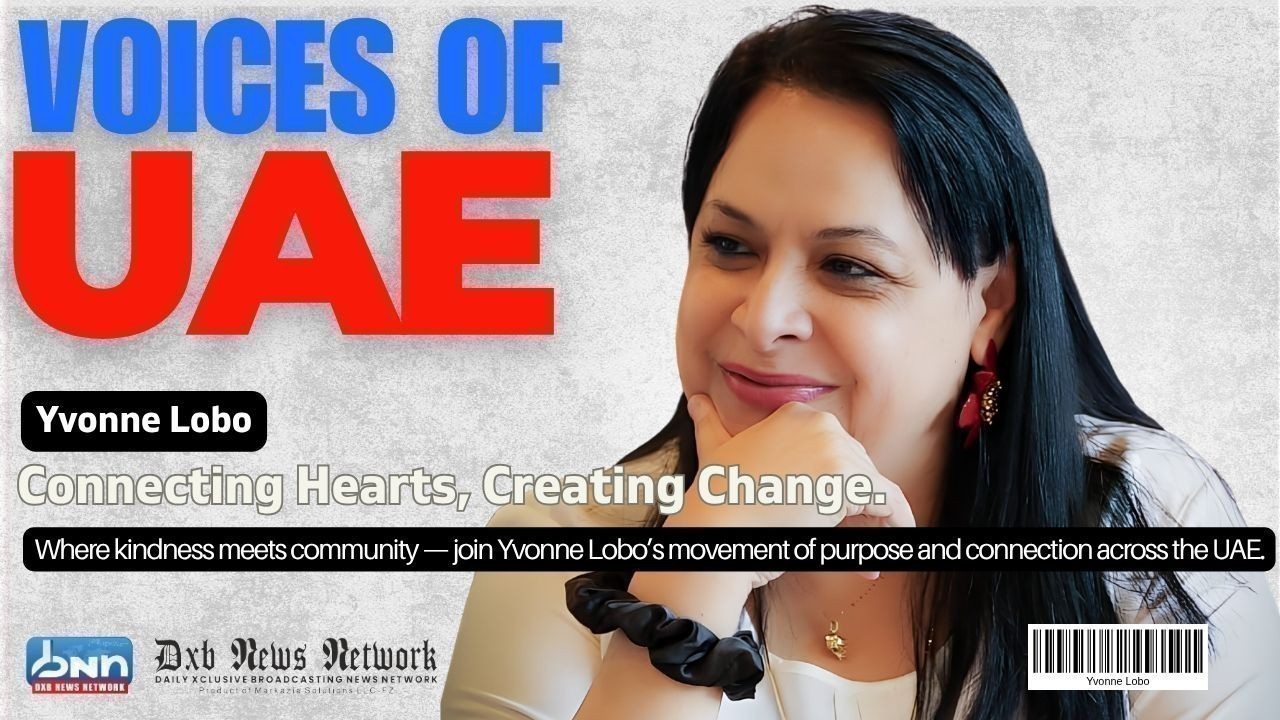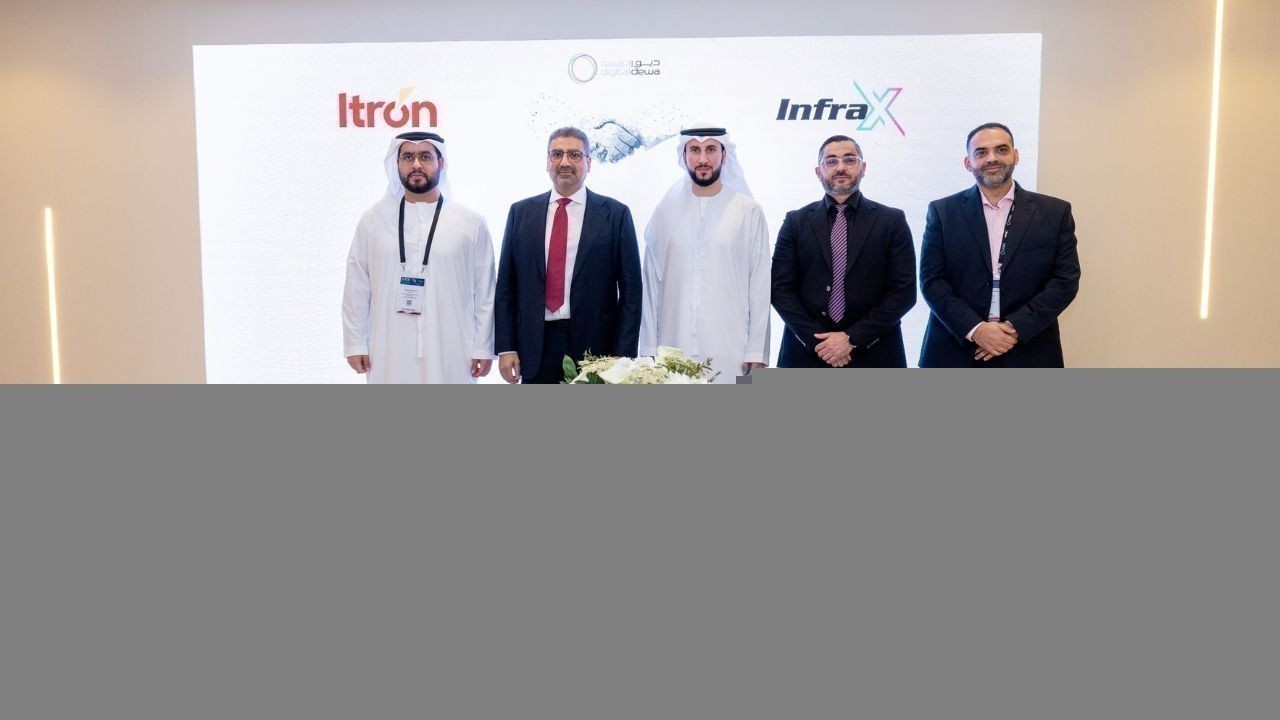
Post by : Anish
The UAE has always been at the center of global commerce due to its geographical positioning and business-friendly ecosystem. In 2025, this strength is being further leveraged as the country continues to expand its international economic footprint. The signing of multiple CEPA agreements underscores the UAE’s vision to build a diversified economy, moving away from heavy reliance on oil and focusing more on trade, investment, services, and innovation.
Unlike conventional free trade agreements, CEPAs are more holistic. They not only reduce tariffs on goods but also cover services, digital trade, intellectual property rights, environmental cooperation, and investment facilitation. By embracing this model, the UAE positions itself as a hub not just for trade but for innovation-driven global partnerships.
Asia remains one of the fastest-growing regions in the world, and the UAE has made it a strategic priority. In 2025, new CEPA agreements were signed with countries in Southeast and South Asia, including Malaysia, Thailand, and India. These agreements will accelerate the movement of goods across sectors like electronics, textiles, and agricultural products while also boosting opportunities in finance, fintech, and logistics.
India, already a key trading partner, gains enhanced market access for its exports, while the UAE benefits from increased foreign direct investment and closer collaboration in renewable energy. Malaysia and Thailand, on the other hand, open doors for halal trade, food security, and tourism synergies—areas in which the UAE already plays a leadership role.
Africa has been identified as the next major growth frontier, and the UAE has acted early to secure strategic agreements. CEPA deals with African nations such as Kenya, South Africa, and Egypt represent not just trade expansions but deep-rooted political and cultural ties.
Kenya and South Africa bring agricultural exports, technology partnerships, and mining resources to the table. In return, the UAE provides advanced infrastructure investment, transport connectivity, and a gateway into global markets. Egypt’s CEPA agreement, meanwhile, strengthens Arab-African ties and enhances cross-border trade corridors between the Red Sea and the Gulf.
These agreements highlight the UAE’s strategy of diversifying trade beyond established Western economies and ensuring its place in the fastest-growing consumer markets of the next decade.
While Asia and Africa dominate headlines, the UAE has also secured CEPA agreements with several European and Latin American countries. Partnerships with Spain, Italy, and Poland have expanded trade opportunities in technology, manufacturing, and luxury goods.
In Latin America, the UAE’s agreements with Brazil and Mexico ensure agricultural cooperation, supply chain resilience, and energy collaboration. Brazil’s role as a key supplier of food products aligns perfectly with the UAE’s food security agenda, while Mexico’s growing tech sector connects seamlessly with Dubai’s push to become a digital economy leader.
These CEPA agreements are not just international headlines—they are reshaping opportunities for businesses operating within the UAE. Local manufacturers, startups, and service providers gain smoother access to foreign markets, lower trade barriers, and new investment pipelines.
Small and medium-sized enterprises (SMEs), which form the backbone of the UAE’s private sector, stand to benefit the most. With reduced tariffs and simplified trade processes, SMEs can expand internationally with less risk. This aligns with the UAE’s long-term vision of encouraging entrepreneurship and creating a knowledge-driven economy.
Another key element of the UAE’s 2025 CEPA agenda is digital trade. With global commerce rapidly shifting online, the UAE’s agreements emphasize e-commerce, digital services, and data flows. This focus ensures that the country remains relevant in the age of artificial intelligence, blockchain, and smart trade systems.
Digital inclusivity also means protecting intellectual property rights, enhancing cybersecurity, and supporting startups in sectors like fintech, health tech, and clean tech. By embedding digital trade rules in its CEPAs, the UAE creates a regulatory framework that future-proofs its economy.
The UAE has long been recognized as a logistics powerhouse. With ports like Jebel Ali and air hubs such as Dubai International Airport, the country has the infrastructure to connect East and West seamlessly. CEPA agreements amplify this strength by ensuring smoother customs procedures, faster transit times, and expanded regional supply chain roles.
This logistical edge is not only about physical goods but also about positioning the UAE as a central hub for data centers, digital connectivity, and fintech corridors. Trade agreements amplify the UAE’s ability to act as a “middle ground” where global supply chains converge.
For decades, the UAE has emphasized diversification, and the 2025 CEPA deals are a practical extension of that policy. By fostering trade relationships in renewable energy, green technology, and advanced services, the UAE is actively reducing reliance on hydrocarbons.
These partnerships align with the country’s Net Zero 2050 initiative, encouraging sustainable trade practices. Investments in solar energy with India, agricultural technology with Kenya, and biotech innovation with Europe are key examples of how CEPAs can drive green growth.
Trade is not just about economics; it is about influence. Through CEPA deals, the UAE strengthens its role as a middle ground between East and West, North and South. These agreements enhance its geopolitical standing, allowing the country to act as a neutral, business-friendly hub during times of global uncertainty.
At the same time, these deals amplify the UAE’s soft power, allowing cultural exchange, talent mobility, and tourism to grow alongside traditional trade. The agreements include provisions for labor mobility, education partnerships, and research collaborations, making the UAE a magnet for talent.
While the CEPA strategy offers immense opportunities, it also comes with challenges. Increased competition for local industries, regulatory alignment with multiple partners, and the need for workforce upskilling are real issues that policymakers must address.
Furthermore, as the UAE integrates into more markets, it must ensure that domestic industries are not overshadowed by larger global players. Safeguarding local businesses while enabling global integration remains a delicate balance.
Looking ahead, the UAE’s CEPA strategy is set to continue expanding. Analysts predict new agreements with more African and Asian economies, particularly in Central Asia and West Africa. Latin America also remains a promising region for deeper engagement.
The next phase of CEPAs will likely involve stronger cooperation in climate action, artificial intelligence regulation, and global health initiatives. By being proactive, the UAE ensures that its role in shaping future trade norms remains strong.
This article is a news-style editorial written for informational purposes under DXB News Network’s editorial guidelines. It provides analysis of current events and global trade trends. Readers are encouraged to seek official government statements and policy documents for detailed reference.

Yvonne Lobo: The Heart That Connects — Building Communities, Creating Conversations, and Inspiring Compassion in the UAE
Yvonne “Yves” Lobo — the visionary behind Coffee Meet Up, Y2 Club, and Green Majlis — is redefining

Dubai Advances Smart Cities with InfraX IoT Partnerships
InfraX partners with Itron and MEA-Comm to deploy smart utility, AI-driven IoT, and private wireless

US-China Trade Talks Set Amid Tariff Tensions and Rare Earth Limits
US and China agree to resume in-person economic talks next week after tense week over tariffs and Ch

Lithium Battery Fire Forces Air China Flight to Make Emergency Landing
Air China flight from Hangzhou to Seoul diverted to Shanghai after a lithium battery ignited in a pa

China Expels Top General, Eight Officials Over Corruption
China ousts Vice-Chair He Weidong and eight military leaders in Xi Jinping’s sweeping anti-corruptio

Tragic Boat Accident Off Beira: 3 Indians Dead, 5 Missing
A launch boat carrying Indian crew capsized near Beira port, Mozambique. 3 dead, 5 missing, 5 rescue

Kevin Federline Alleges Britney’s Parenting, Sparks Drama
Kevin Federline's memoir claims troubling co-parenting by Britney Spears. Spears denies allegations,

From Street Shawarmas to Sky Dining Dubai’s Food Adventure
Explore Dubai’s food wonders from sizzling street shawarmas to elegant sky dining where every flavo

7 Best International Destinations for Vegetarian Travellers Delicious & Travel Friendly
Discover 7 top international destinations for vegetarian travellers with delicious meals vibrant cul

Morning Habits of Highly Successful People Start Your Day the Smart Way
Discover the powerful morning habits of highly successful people and learn how starting your day rig

Beyond the Gym Dubai’s Outdoor Fitness Revolution on Beaches & Skylines
Explore Dubai’s outdoor fitness revolution on beaches and skylines blending health community and sce

AI in Dubai’s Luxury Salons Personalized Skincare Meets Technology
Discover how Dubai’s luxury salons use AI to create personalized skincare routines blending technolo

The $1 Million Secret Dubai’s Luxury Longevity Clinics and Personalized Wellness Revolution
Explore Dubai’s $1M longevity clinics offering luxury high tech treatments and personalized wellness

Pankaj Dheer The Timeless Villain Who Shaped Indian Television
Discover Pankaj Dheer’s legendary journey from iconic villain to timeless TV star inspiring generati

Best Whole Grains for Weight Loss Healthy Nutritious & Easy to Include
Discover the best whole grains for weight loss boost metabolism stay full longer and enjoy healthy n